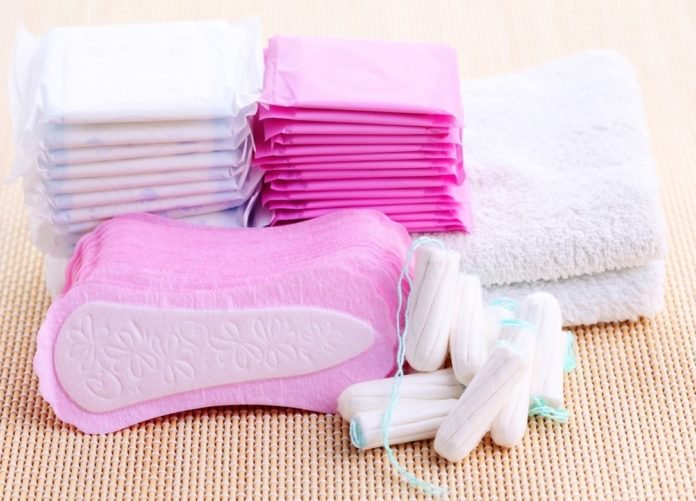Mairama Dikwa, United Nations Children Fund (UNICEF) education specialist, Bauchi field office, says “menstrual banks” will be set up in schools across northern Nigeria.
Dikwa said this in an interview with NAN in Bauchi on Saturday.
According to her, the programme is part of the menstrual hygiene management initiative of the UNICEF’s girl education project (GEP).
She said the project, which is in its third phase, would begin by November in 50 junior secondary schools in six states — Sokoto, Zamfara, Niger, Kano, Bauchi and Katsina.
Advertisement
The GEP is an initiative of UNICEF designed to enhance enrollment drive for girls, improve learning outcomes and strengthen government’s policy on supporting girl-child education.
The menstrual hygiene management was established to provide support for girls, while ensuring that they remain in school.
Dikwa said the agency aims to ensure that each school is provided with pads to be stored in the “menstrual bank” and made available for girls when necessary.
Advertisement
“What we are aiming to do is to make sure that each school where we are intervening has a menstrual bank, where some of the pads would be stored and the girls can have access whenever they are menstruating,” she said.
“We are working with High Level Women Advocate (HILWA) to create awareness and sensitise most specifically, the policy makers to the need to support some of these schools with the pads. This would enable the girls to use and remain in school.
“This will really go a long way in making sure that even when the girls are menstruating, they will feel comfortable to come to school because they know that they would be supported.”
Mariam added that aside from the six states, the programme had been taken to four other states.
Advertisement
“We were able to extend it to additional four states where we have a high level of women advocate establishments,” she said.
“So, apart from the six states, we have Adamawa, Gombe, Plateau and Borno states that also keyed into the initiative to make sure that they have pad banks in 50 junior secondary schools across their states.”






